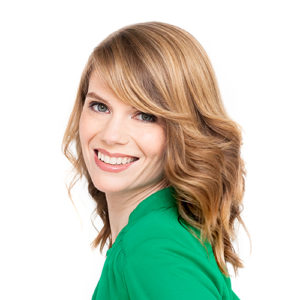On more than one occasion, I have had organizing clients tell me that they are hoarders. They point to a mound of paperwork or a closet overflowing with craft supplies as evidence of their hoarding behavior. One person pointed to a shelf full of haircare products.These same people often feel such a sense of self-disgust and futility as they point out these clutter hot spots, because they think they are doomed to a lifetime of living in squalor and a future on a reality TV show. Fortunately, I am usually able to tell them, “this is not hoarding. Chronic disorganization, perhaps. Hoarding, no.”
So if that isn’t hoarding, what is? Interestingly, Hoarding Disorder was just added to the DSM-V as a psychiatric condition. Here are the symptoms of hoarding disorder:
1. Persistent difficulty discarding or parting with possessions, regardless of their actual value.
2. This difficulty is due to strong urges to save items and/or distress associated with discarding.
3. The symptoms result in the accumulation of a large number of possessions that fill up and clutter active living areas of the home or workplace to the extent that their intended use is no longer possible. If all living areas become decluttered, it is only because of the interventions of third parties (e.g., family members, cleaners, authorities).
4. The symptoms cause clinically significant distress or impairment in social, occupational, or other important areas of functioning (including maintaining a safe environment for self and others).
5. The hoarding symptoms are not due to a general medical condition (e.g., brain injury, cerebrovascular disease) or mental condition (e.g. major depressive disorder, obsessive compulsive disorder.)
Here’s another key difference that I have found between people who compulsively hoard versus those who are disorganized: people who compulsively hoard don’t reach out for help very often because they are unwilling to part with any of their items and/or because they do not believe they have a problem. People who are disorganized typically know they have a problem keeping their space organized, so they are willing to reach out for help. This may not be true in all cases, but it is what I have experienced in the clients who I work with.
Another key difference I have noticed between people who compulsively hoard versus those who are disorganized is that the people who hoard actively go out looking for more items to add to their hoard whereas those who are disorganized do not.
“Hoarding disorder identifies people who have an intense urge to accumulate large quantities of items, beyond any reasonable need for the them, usually to the extent that available space in their homes and sometimes workplaces is severely compromised,” said Dr. Jeffrey P. Staab, associate professor of psychiatry at the Mayo Clinic, in Rochester, Minn. in www.livescience.com.
If you recognize yourself as being disorganized and your disorganization is affecting your quality of life (e.g. you fight with your spouse about clutter, you constantly lose things, you have financial or legal problems for failing to deal with your paperwork, you feel ashamed of your home, etc.), I encourage you to reach out to a professional organizer for help. I can help you if you live in the Portland Metro area. www.respacedpdx.com
But if you or a loved on are experiencing compulsive hoarding, you should seek out a trained mental health practitioner instead.
Image courtesy of Nicki Varkevisser at Flickr.

